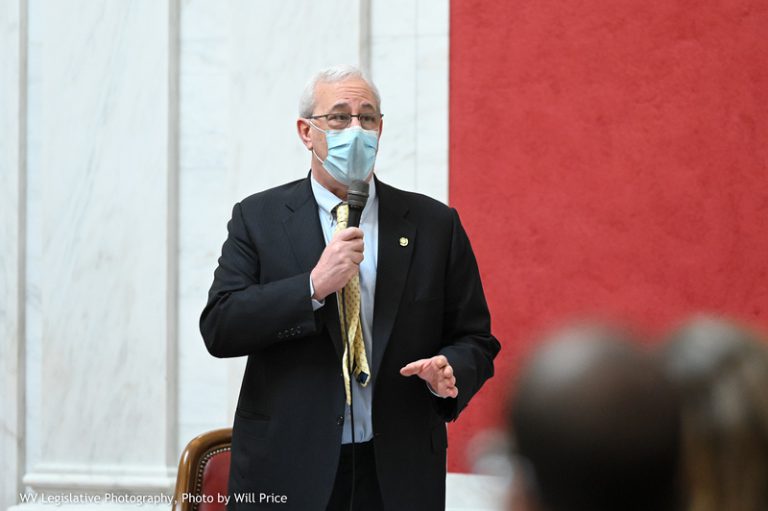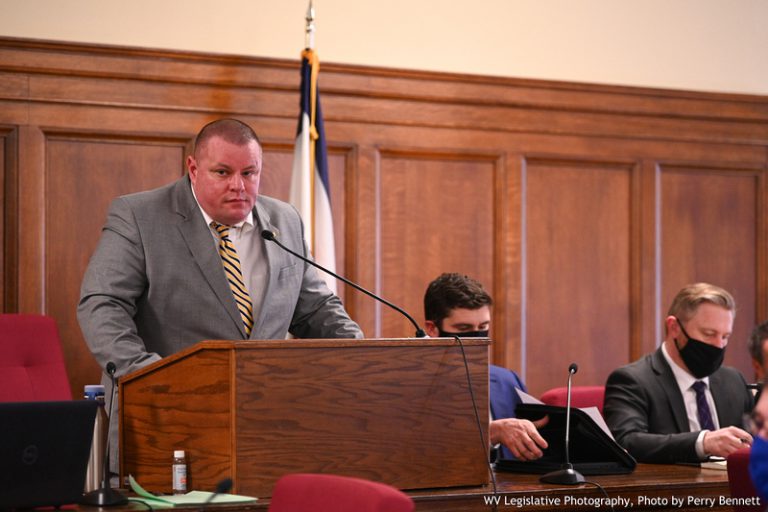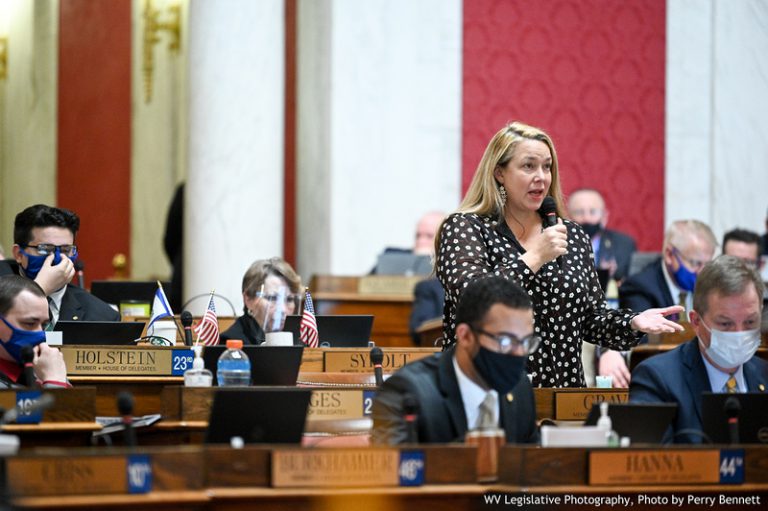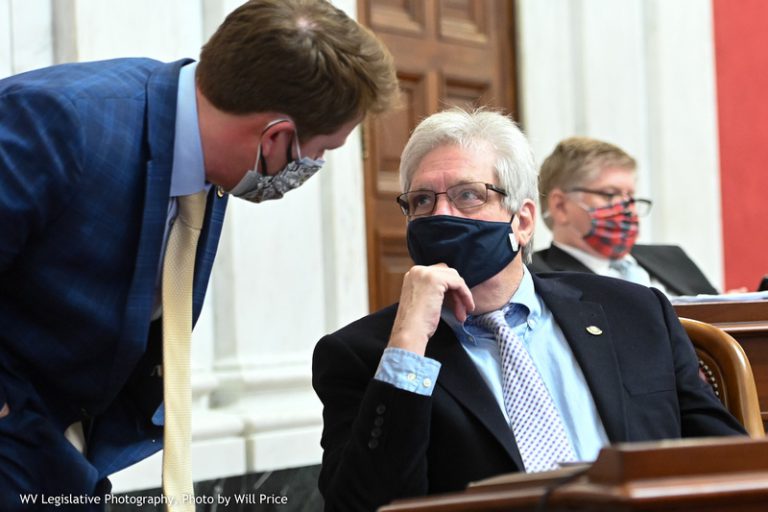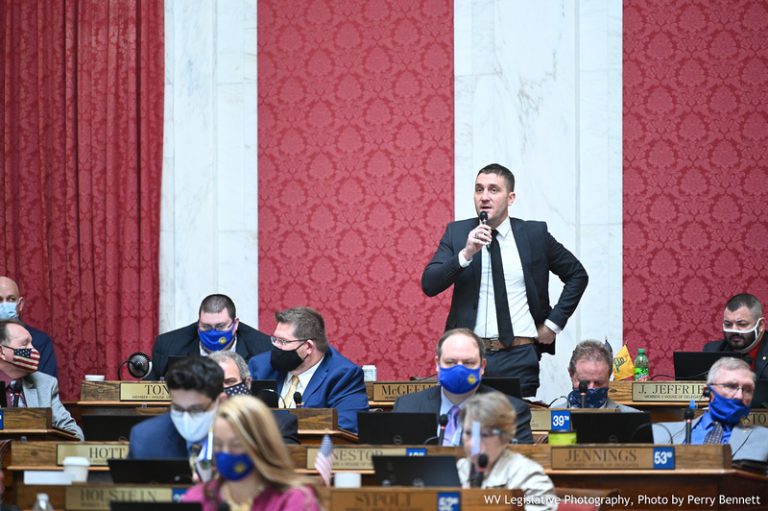The House concurred with the Senate on House Bill 2008 and Senate Bill 89 to complete the legislation.
House Bill 2008 changes requirements for licensure relating to elevator mechanics, crane operators, HVAC, electricians, and plumbers.
Senate Bill 89 exempts certain private kindergarten and preschool programs from registration requirements.
Eighteen bills were on third reading today. Action was delayed one day on House Bill 3130. House Bill 3134 was recommitted to the Judiciary Committee.
Senate Bill 5 encourages the efficient settlement of legal claims.
House Bill 3132 changes terms relating to motor carrier inspectors to commercial vehicle enforcement officers.
Twelve bills were read for the second time, including House Bill 2174, which was moved to third reading with the right amend and amendments pending.
The House is adjourned until 11:30 am tomorrow, March 19, 2021.
Today’s Meetings
- The Education Committee will meet at 1:30 pm in the House Chamber.
- The Judiciary Committee will meet at 1:30 pm in Room 418M.
- The Committee on Health and Human Resources will meet at 2 pm in Rom 215E.
- The Committee on Government Organization will meet at 3 pm in Room 215E.
Tomorrow’s Meetings
- The Workforce Development Committee will meet at 8 am in the House Chamber.
- The Judiciary Committee will meet at 9 am in Room 418M.
- The Finance Committee will meet at 9 am in the House Chamber.


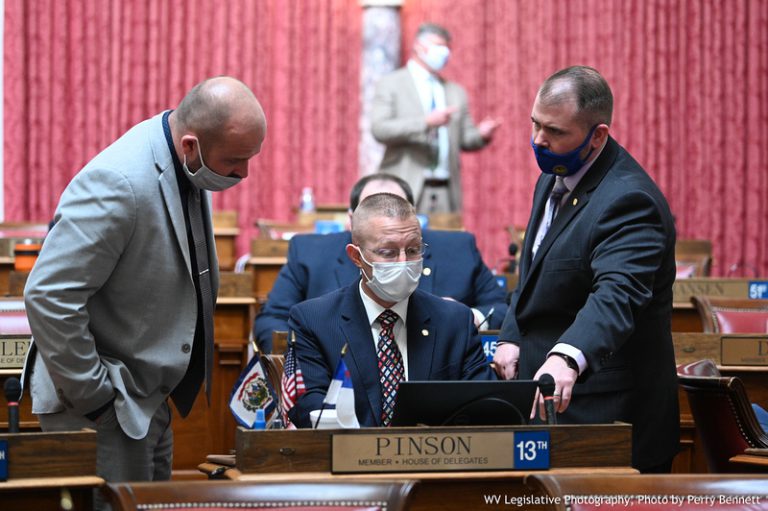
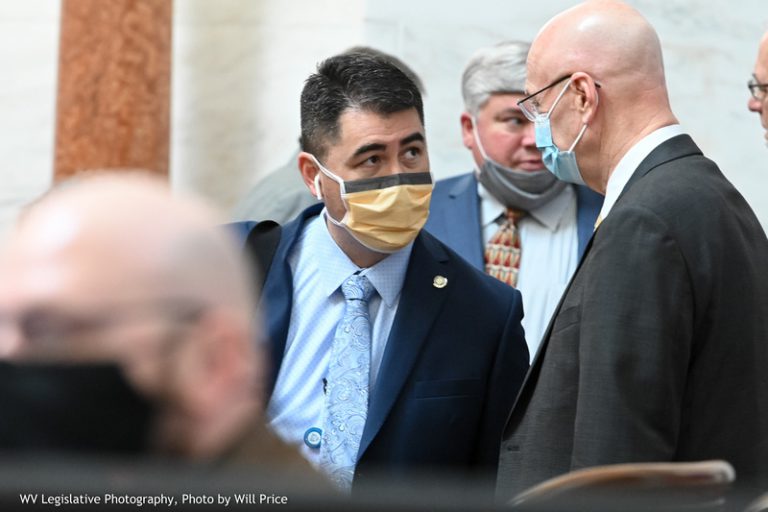
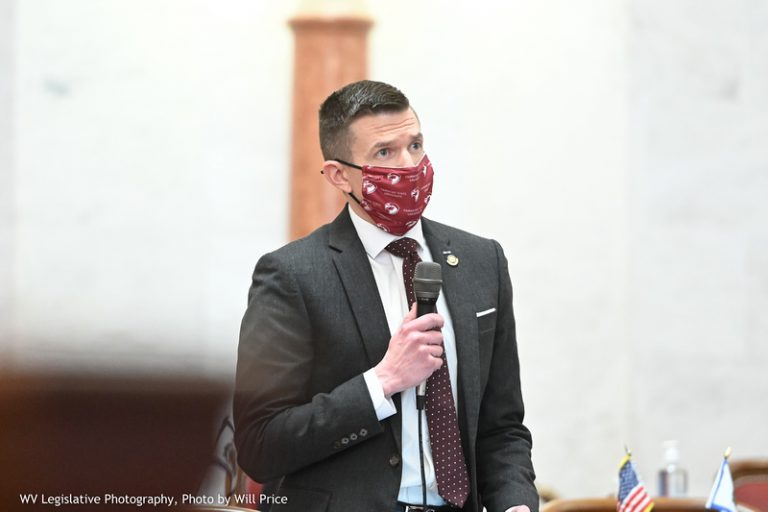
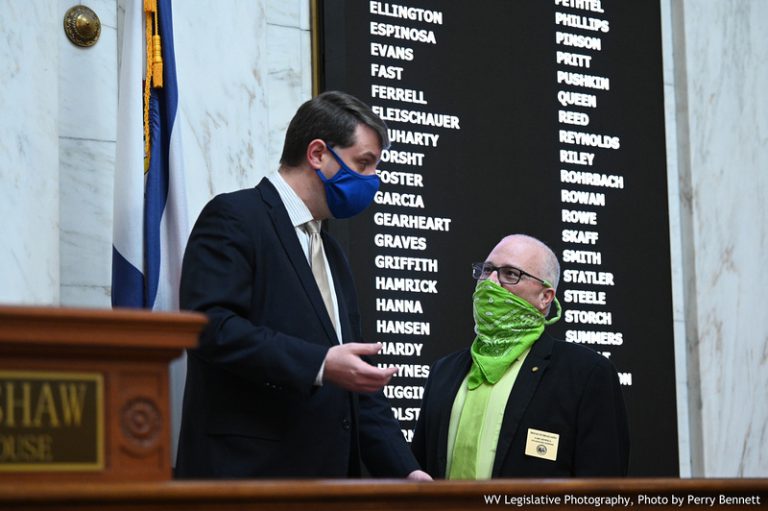
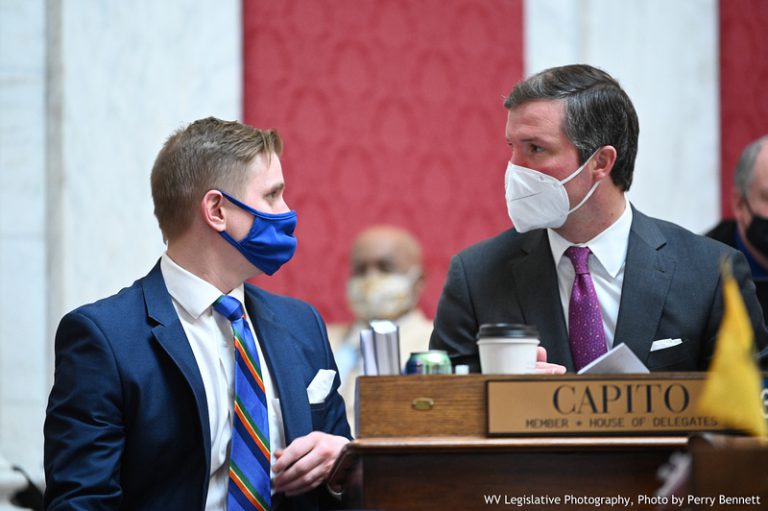

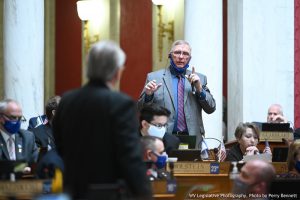 changes to the Tax Departments method of accessing coal property taxation. There are six changes: 1.) The method will rely on the most recent calendar year’s coal prices, not a three-year average. 2.) The average coal density shall be flat average of 1800 tons per acre foot unless the taxpayer provides evidence to establish a lower density value. 3.) Tax Commission shall consider economic viability and engineering ponderations when establish values of coal properties. 4.) Coal beds less than 35 inches shall not be classified as minable coal for valuation of property tax. 5.) Coal seams may not be classified for taxation until the actual depletion of coal commences under a permit. 6.) Non-filers shall be subject to penalties equal to and uniform with all forms of industrial property and natural resources property.
changes to the Tax Departments method of accessing coal property taxation. There are six changes: 1.) The method will rely on the most recent calendar year’s coal prices, not a three-year average. 2.) The average coal density shall be flat average of 1800 tons per acre foot unless the taxpayer provides evidence to establish a lower density value. 3.) Tax Commission shall consider economic viability and engineering ponderations when establish values of coal properties. 4.) Coal beds less than 35 inches shall not be classified as minable coal for valuation of property tax. 5.) Coal seams may not be classified for taxation until the actual depletion of coal commences under a permit. 6.) Non-filers shall be subject to penalties equal to and uniform with all forms of industrial property and natural resources property.